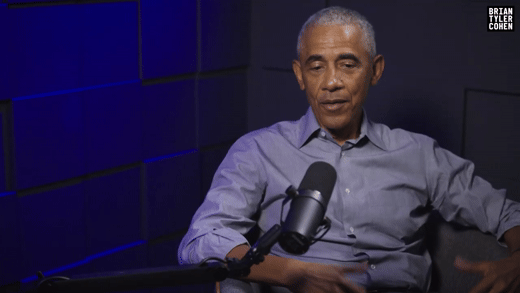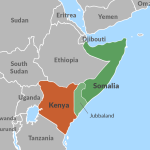McDonald’s introduces cash rounding policy as United States prepares to phase out penny
With fewer pennies in circulation, retailers are beginning to adopt “cash-rounding” methods, including McDonald's.
US airlines ordered to ignore ‘X’ gender-neutral passport markers amid federal policy clash
For travellers and industry alike, the directive introduces a layer of uncertainty.
White South Africans say “no thanks” to Trump’s immigration offer
This act aims to redress historical land inequalities rooted in the nation's apartheid past by facilitating state expropriation of land in the public interest.
Federal judge temporarily blocks Trump’s executive order redefining birthright citizenship
The outcome of this legal battle will have profound implications for immigration policy and the interpretation of constitutional rights in the United States.
US House of Representatives passes bill that could lead to TikTok ban
It is unfortunate for independents artists in the United States, and most of them use the app to promote themselves and earn money.
There’s a high demand for US passports
The applications have increased by 30-40% more than last year, totalling over 500,000.
























